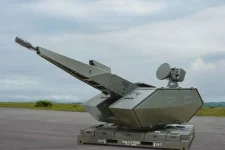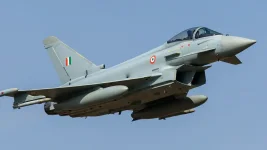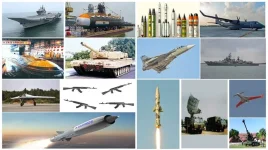- Views: 2K
- Replies: 6

In a significant shift in policy, German Chancellor Olaf Scholz, during his recent visit to India, assured that Germany will no long impose restrictions on the export of small arms and defense equipment to India. This move signals a strengthening of defense ties between the two nations, with Germany demonstrating a commitment to supporting India's security needs in regions facing insurgency and cross-border terrorism.
Previously, Germany had often rejected export requests from India, particularly for supplies intended for paramilitary forces like the Assam Rifles and the Border Security Force (BSF). Concerns over the potential use of German-made weapons in conflict-sensitive areas like Jammu & Kashmir and the North-Eastern states, which frequently witness counter-terrorism operations, fueled this reluctance. The former German government, under Chancellor Angela Merkel, exercised caution regarding arms exports to these regions.
This policy change comes as India seeks to modernize its small arms inventory across its armed forces and paramilitary units. The need for advanced weaponry is particularly acute for units engaged in border security and counter-terrorism operations. German small arms manufacturers, such as Heckler & Koch, are renowned for their quality and reliability, making them attractive to India.
Germany's decision aligns with its broader Indo-Pacific strategy, unveiled in 2020, which emphasizes defence cooperation and the protection of trade routes. By bolstering India's defence capabilities, Germany aims to contribute to stability in the Indo-Pacific region.
The move also presents significant economic opportunities for the German defence industry. India's demand for small arms and other defensc systems provides German manufacturers with a potentially lucrative market, allowing them to expand their presence in Asia.
For India, this development marks a crucial step in its ongoing efforts to diversify defence suppliers. By engaging with Western partners like the U.S., France, Israel, and now Germany, India seeks to reduce its historical reliance on Russian arms. Access to German weaponry will not only enhance the capabilities of Indian forces but also contribute to India's pursuit of self-reliance in defence procurement by providing greater choice and competition.
This shift in German policy reflects a growing recognition of India's strategic importance and its legitimate security concerns. It paves the way for deeper defence cooperation between the two countries, with potential benefits for both nations and the wider Indo-Pacific region.






